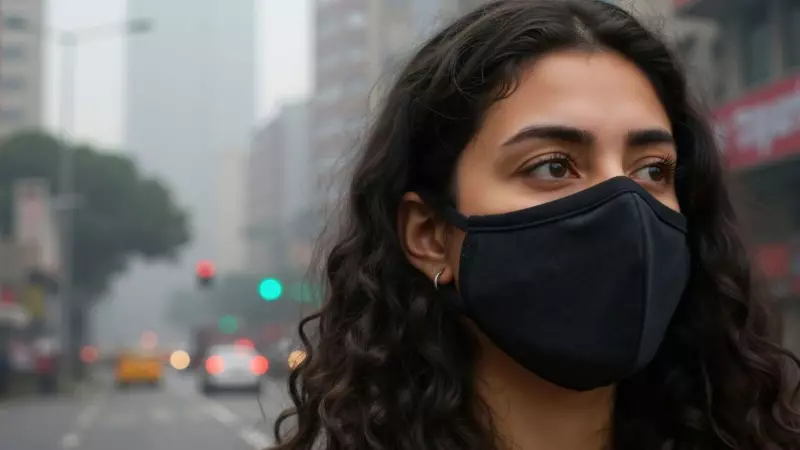
As Indian cities continue to grapple with hazardous air quality levels, the World Health Organization has released a crucial survival guide for citizens. These seven practical strategies can significantly reduce your daily exposure to deadly pollutants and safeguard your respiratory health.
Your Personal Action Plan Against Air Pollution
With air pollution contributing to millions of premature deaths annually in India, taking personal protective measures has never been more critical. WHO's expert recommendations provide a clear roadmap for every household.
1. Master Your Indoor Air Sanctuary
Transform your home into a clean air haven by eliminating tobacco smoke completely. Ensure proper ventilation while cooking, especially when using biomass fuels, and consider investing in air purifiers for rooms where you spend most time.
2. Smart Commuting Choices
Rethink your daily travel patterns. Opt for public transportation, carpooling, or better yet, walking and cycling for shorter distances. When driving, keep windows closed during peak traffic hours and maintain your vehicle regularly to minimize emissions.
3. Energy Conservation as Lifestyle
Simple energy-saving habits have a dual benefit—reducing your electricity bill while cutting down power plant emissions. Turn off lights and electronics when not in use, and transition to energy-efficient appliances and LED lighting.
4. Waste Management Revolution
Never burn household waste, as this releases extremely toxic compounds directly into your immediate environment. Embrace recycling, composting, and proper waste disposal methods to protect your neighborhood's air quality.
5. Green Your Living Spaces
Indoor plants aren't just decorative—they're natural air purifiers. Species like snake plants, peace lilies, and spider plants actively remove common pollutants while increasing oxygen levels in your home.
6. Stay Informed, Stay Protected
Download reliable air quality monitoring apps to track pollution levels in your area. Plan outdoor activities when air quality is better, typically early mornings or after rainfall, and avoid strenuous exercise during high pollution periods.
7. Become a Community Advocate
Individual actions gain power when multiplied. Support local initiatives for cleaner air, advocate for green spaces in your community, and encourage your workplace to implement clean air policies.
Why These Steps Matter for Indian Families
Children, elderly family members, and those with pre-existing respiratory conditions are particularly vulnerable to air pollution's harmful effects. Implementing even a few of these strategies can dramatically reduce health risks including asthma attacks, cardiovascular problems, and long-term lung damage.
The bottom line: While systemic change is essential, personal protective measures provide immediate relief. Start with one or two changes today—your lungs will thank you tomorrow.






